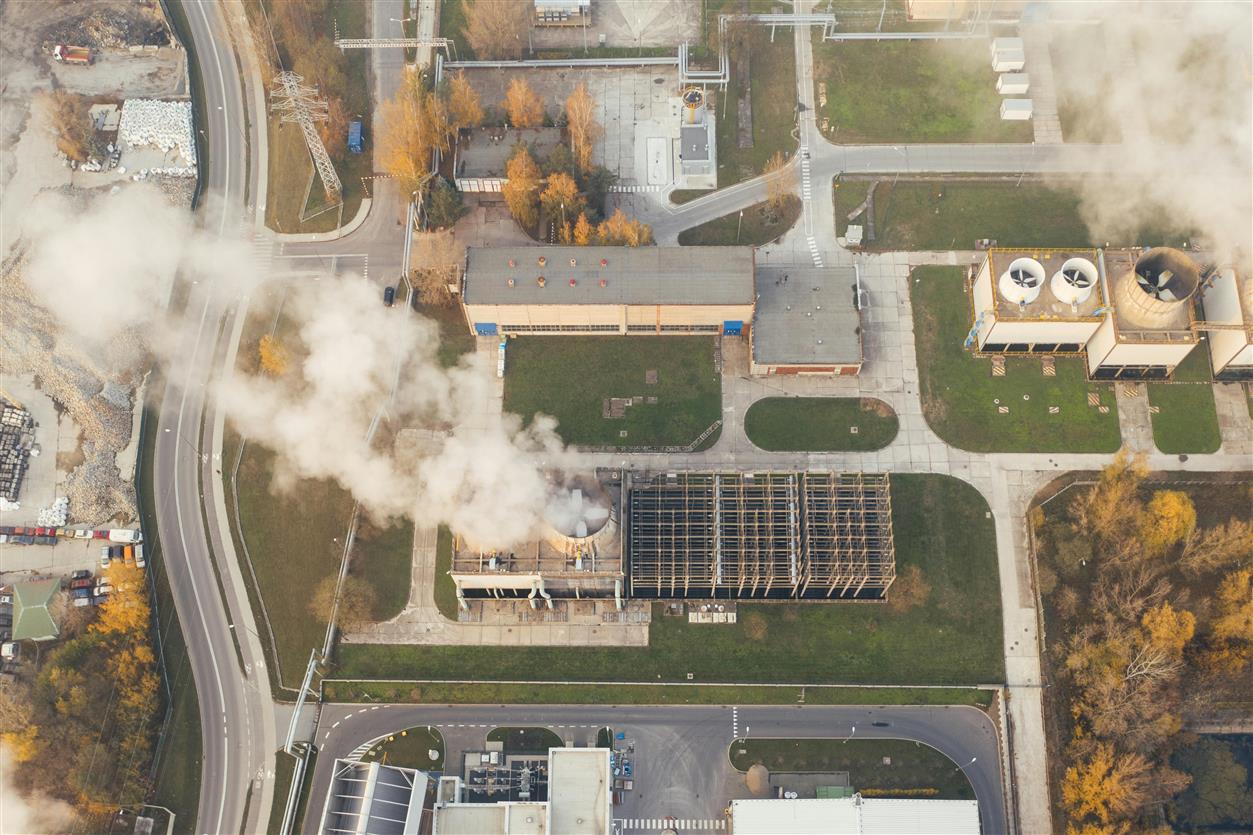
Climate change has emerged as one of the most pressing global challenges of our time, compelling nations to reassess their economic policies and strategies. As the impacts of climate change become increasingly apparent, the need to balance economic growth with environmental sustainability has become a central focus of policymakers. This essay explores the complex interplay between economic policy and climate change, examining how governments can navigate the delicate balance between fostering economic development and ensuring environmental stewardship. We will discuss the current economic policies addressing climate change, analyze the challenges and opportunities presented by these policies, and explore potential pathways for achieving a sustainable and equitable future.
The Imperative for Climate Action
Understanding Climate Change: Climate change, driven primarily by greenhouse gas emissions from human activities, poses significant risks to ecosystems, economies, and societies. Rising global temperatures, more frequent and severe weather events, and shifts in environmental patterns are already having profound effects on agriculture, infrastructure, and public health. Addressing these challenges requires a concerted effort to reduce emissions, transition to renewable energy, and adapt to the changing climate.
Economic Implications of Climate Change: The economic impacts of climate change are multifaceted. Extreme weather events can cause extensive damage to infrastructure, disrupt supply chains, and affect productivity. Agriculture and fisheries are particularly vulnerable to changing climate conditions, with potential consequences for food security and rural economies. The costs of inaction, including increased disaster recovery expenses and health care costs, underscore the need for proactive climate policies.
Current Economic Policies Addressing Climate Change
Carbon Pricing: Carbon pricing mechanisms, such as carbon taxes and cap-and-trade systems, are designed to internalize the environmental costs of greenhouse gas emissions. By putting a price on carbon, these policies create financial incentives for businesses and individuals to reduce their carbon footprint. Carbon pricing can generate revenue that can be reinvested in renewable energy projects, energy efficiency improvements, and other climate initiatives.
Renewable Energy Incentives: Governments around the world are investing in renewable energy sources as a means of reducing reliance on fossil fuels. Subsidies, tax credits, and feed-in tariffs are commonly used to support the development and deployment of renewable energy technologies, including solar, wind, and hydro power. These incentives aim to make renewable energy more competitive with traditional energy sources and accelerate the transition to a low-carbon economy.
Energy Efficiency Standards: Energy efficiency standards for buildings, appliances, and vehicles are another critical component of climate policy. By setting minimum efficiency requirements, these standards help reduce energy consumption and greenhouse gas emissions. Energy efficiency measures not only contribute to climate goals but also offer economic benefits through reduced energy costs and improved performance.
Adaptation and Resilience: In addition to mitigation efforts, policies focused on adaptation and resilience are essential for addressing the impacts of climate change that are already occurring. Investments in resilient infrastructure, flood protection systems, and disaster preparedness can help communities adapt to changing climate conditions and minimize economic losses from extreme weather events.
Challenges and Opportunities in Balancing Growth and Sustainability
Economic Growth vs. Environmental Protection: One of the primary challenges in climate policy is balancing economic growth with environmental protection. Critics argue that stringent environmental regulations may hinder economic growth and competitiveness. However, evidence suggests that well-designed climate policies can drive innovation, create new economic opportunities, and lead to long-term sustainable growth.
Transition Costs and Economic Disruption: The transition to a low-carbon economy can involve significant costs, including the need for new technologies, infrastructure investments, and adjustments in various industries. Policymakers must carefully manage these transition costs to minimize economic disruption and ensure a just transition for affected workers and communities.
Global Coordination and Equity: Climate change is a global problem that requires coordinated action from all countries. Developing nations, which are often more vulnerable to climate impacts, may face additional challenges in implementing climate policies due to limited resources and capacity. Ensuring that climate policies are equitable and provide support to those most in need is crucial for achieving global climate goals.
Innovation and Technological Advancements: Advances in technology and innovation offer significant opportunities for addressing climate change while promoting economic growth. Investments in clean energy technologies, energy storage solutions, and sustainable practices can drive progress and create new markets. Governments play a critical role in supporting research and development, fostering collaboration between public and private sectors, and creating an environment conducive to innovation.
Pathways for Achieving a Sustainable and Equitable Future
Integrated Policy Approaches: To effectively balance growth and sustainability, policymakers should adopt integrated policy approaches that align economic, environmental, and social goals. This involves coordinating efforts across different sectors, including energy, transportation, agriculture, and finance, to ensure that policies are mutually reinforcing and achieve holistic outcomes.
Green Finance and Investment: Green finance and investment play a crucial role in supporting the transition to a sustainable economy. Financial institutions, governments, and businesses can work together to mobilize investments in green projects, such as renewable energy infrastructure, sustainable agriculture, and climate adaptation initiatives. Green bonds, impact investing, and climate risk assessments are tools that can drive capital toward sustainable ventures.
Public Engagement and Education: Engaging the public and raising awareness about climate change and sustainability is essential for fostering support and driving behavioral change. Educational campaigns, community involvement, and transparent communication about the benefits and trade-offs of climate policies can help build public trust and encourage active participation in climate action.
International Cooperation and Agreements: Addressing climate change requires global cooperation and commitment. International agreements, such as the Paris Agreement, provide a framework for collective action and set targets for reducing greenhouse gas emissions. Continued collaboration among countries, regions, and international organizations is vital for achieving global climate goals and ensuring a coordinated response to climate challenges.
Just Transition Policies: Ensuring a just transition for workers and communities affected by the shift to a low-carbon economy is critical for maintaining social and economic stability. Policies that provide support for retraining, job creation, and economic diversification can help mitigate the impact of climate policies on vulnerable populations and promote inclusive growth.

Economic policy in the era of climate change requires a delicate balance between fostering economic growth and ensuring environmental sustainability. The challenges of addressing climate change are significant, but the opportunities for innovation, investment, and positive change are equally profound. By adopting integrated policy approaches, supporting green finance, engaging the public, and fostering international cooperation, policymakers can navigate the complexities of balancing growth and sustainability. Achieving a sustainable and equitable future will depend on the collective efforts of governments, businesses, and individuals to address climate challenges while pursuing economic development. As we move forward, the ability to harmonize economic and environmental goals will be crucial for building a resilient and prosperous world for future generations.











